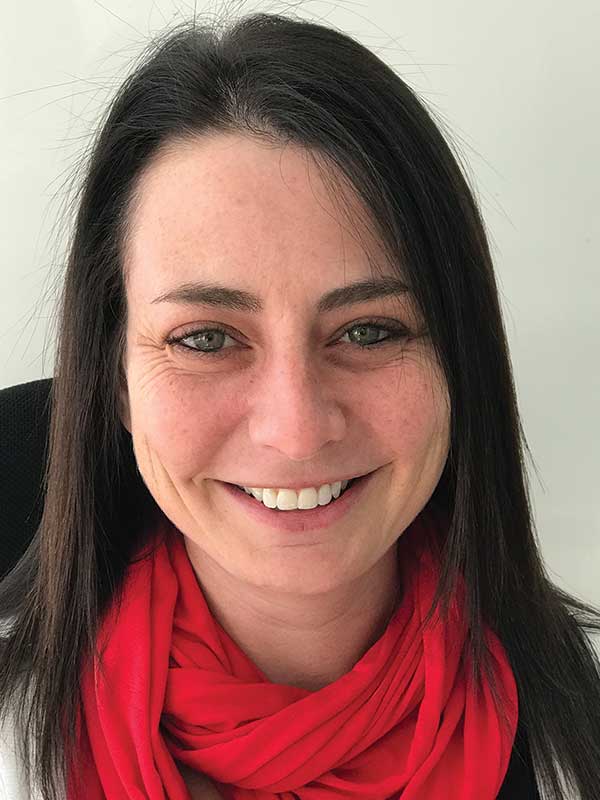By Robyn Black
Ageing. The purpose of life is quite simply, to age. The alternative is not preferable.
Our early stage of life is focussed on physical and cognitive growth and development to independent function. Our adult stage of life is focussed on maintaining our highest overall level of function. Our older age stage of life is focussed on maintaining independence and preventing disability.
The gift of living to a ripe old age often comes with the perils of ageing; falls, fractures, difficulty moving around, pain, memory loss, cognitive decline, and general functional decline.
For some, these difficulties start appearing at a younger age largely linked to illness or accidents.
Regardless of the ‘why’, or ‘when’ the difficulties begin, most of us at some point in our adult-to-older life will start to find living a functional and independent lifestyle increasingly more difficult.
As this happens and our performance of our activities of daily living deteriorates, it helps to either adapt these activities to meet our ability to perform them, adapt our environment to enable a safe and functional space in which to function optimally, or accept help from others.
Here are some tips to create a safer home environment and more functional you:
Always wear supportive footwear, and never walk in socks or stockings
If your balance is poor, if your legs give way, if you suffer from knee, hip or back pain, and/or if it has been recommended to you — walk with a walking aid. An occupational therapist or physiotherapist can recommend the correct walking aid for you — and make sure it’s the right height for optimal support. ‘Walking sticks trump broken hips’
Ensure you have adequate lighting in your home, especially when walking to the bathroom during the night.
Lift loose rugs and carpets
Ensure that items of everyday use are within reach in cupboards or on shelves
It’s easier to stand up off higher surfaces — toilets included
Here are some tips to address difficulties with memory and cognition
Keep an up-to-date calendar on your wall and cross off each day before you go to bed
Keep a hand written diary for appointments — correct date, time and venue
In a diary (separate or the same as an appointment diary), write down anything significant that you did that day, should you need to refer back to it
Engage in challenging and stimulating activities that work on cognitive processes such as memory, attention, concentration, problem solving, sequencing and planning – some examples could be wordsearches, card games, board games, jigsaw puzzles and Sudoku
And of course, remember that asking for help can end up enabling us, not making us more dependent. We often feel that we are making ourselves more dependent, or coming across as less able by putting strategies in place to help us. In fact it’s quite the opposite. By accessing the right help, engaging in the right activities and accepting adaptations to our home and lifestyle, we are enabling ourselves to live a far more functional, safe and productive life.
Robyn Black has a Bsc Honours in Occupational Therapy from UCT. Upon completing her community service year, she developed a special interest and skill set in working with older people, and adults with physical and/or cognitive difficulties. Robyn returned to Cape Town and started her own practice assessing older people and adults in their homes. She recommends and guides the implementation of home and lifestyle adaptations, and treats those who would benefit from ongoing sessions. Robyn has a special interest in working with people with dementia. She also works with shoulder surgeon Dr Joe de Beer — seeing his inpatients prior to discharge and addressing the functional difficulties they may experience once home from hospital. Robyn is the head of training and development at SIFAR — the Samson Institute for Ageing Research. She also recently completed an assessment and care planning project at Highlands House.











